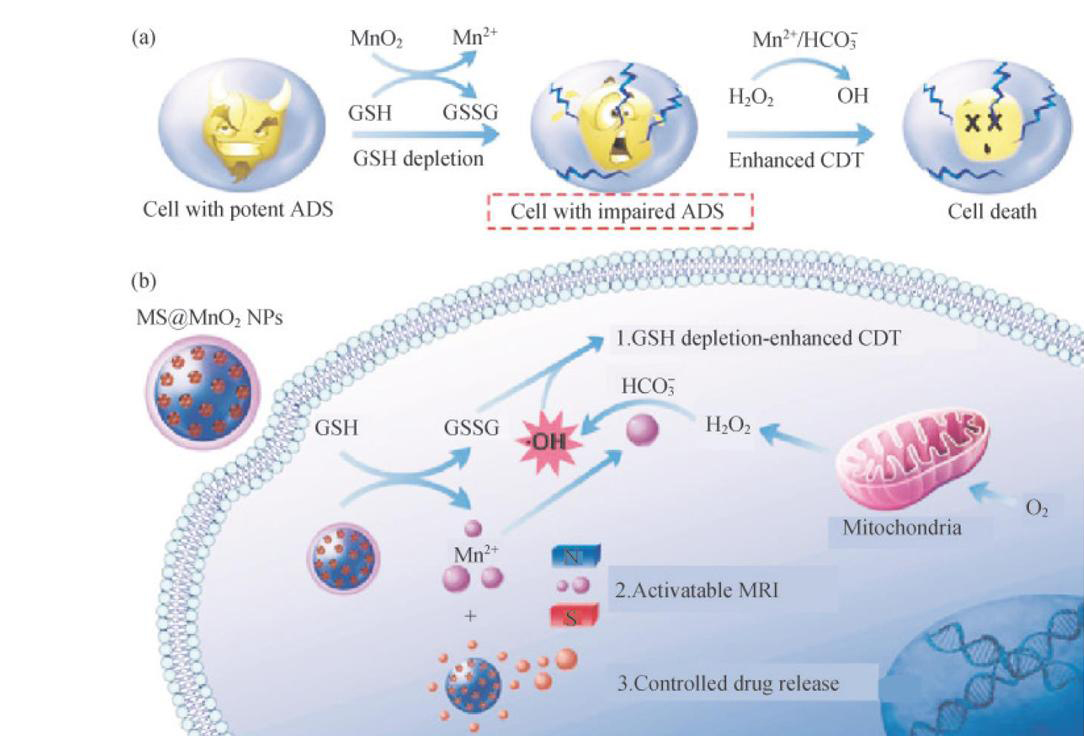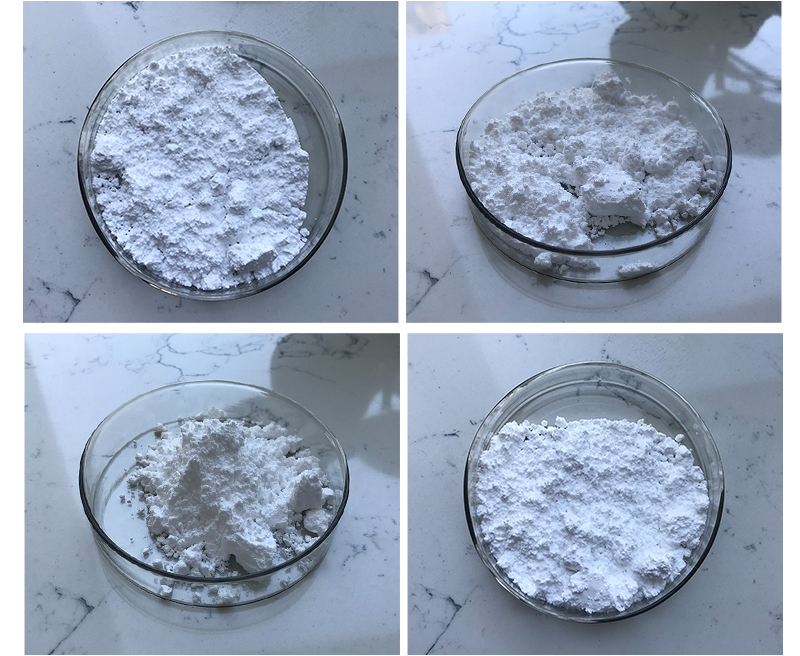Origin of Glutathione:
Glutathione is a naturally occurring antioxidant found in plants, animals, fungi, and some bacteria. It is a small protein composed of three amino acids: glutamic acid, cysteine, and glycine. It is synthesized in the body, primarily in the liver, where it plays a critical role in maintaining the body’s oxidative balance and protecting cells from damage.
Properties of Glutathione:
- Antioxidant: Glutathione is considered the body’s “master antioxidant.” It helps neutralize harmful free radicals and reactive oxygen species (ROS) that can lead to cellular damage and aging.
- Detoxification: Glutathione is vital for detoxification processes in the liver, where it binds to toxins, heavy metals, and waste products, making them easier to excrete.

- Immune System Support: Glutathione is involved in supporting the immune system by enhancing the function of white blood cells, including T-cells, which are essential for immune responses.
- Anti-Inflammatory: It plays a role in reducing inflammation and preventing inflammatory damage in tissues, helping to maintain cellular health.
- Regeneration: Glutathione also regenerates other antioxidants, enhancing the overall antioxidant defense of the body.
- Protein Synthesis: It is involved in protein synthesis and cellular metabolism, maintaining cellular integrity.
- Conjugation: Glutathione forms conjugates with various substrates in a process called conjugation, which is crucial for metabolizing substances like drugs and hormones.
Introduction of Glutathione:
The discovery of glutathione dates back to 1888, when it was first identified by the scientist J. de Rey-Pailhade. However, its biological significance was not recognized until the 1920s, when it was found to have a role in cellular metabolism and reduction-oxidation (redox) reactions.

In the mid-20th century, researchers began to better understand glutathione’s key role in oxidative stress, detoxification, and its critical function in maintaining the redox state of cells. Its importance in cellular health and aging has led to significant interest in glutathione supplementation, as the levels of this antioxidant tend to decrease with age, stress, and disease.
Today, glutathione is widely studied for its potential health benefits, including its role in skin health, detoxification, immune function, and its therapeutic applications in conditions like liver disease, neurodegenerative diseases, and cancer.
